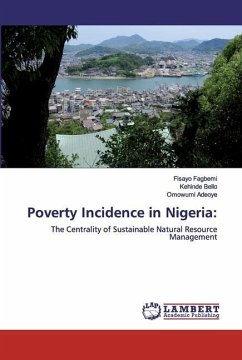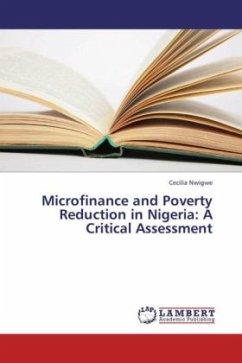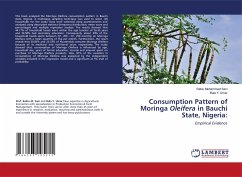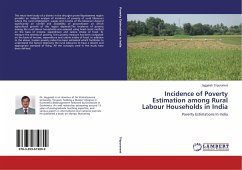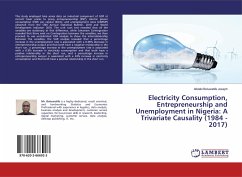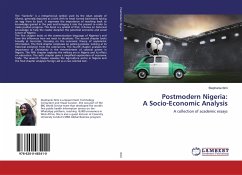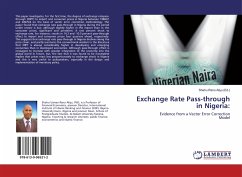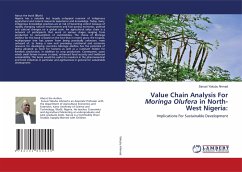Over the years, persistent mass extreme poverty in Nigeria has made the attainment of the foremost goal out of 17 United Nations' Sustainable Development Goals (SDGs), which is ending extreme poverty, appears to be somewhat difficult in the country. With extreme poverty in Nigeria rising by six people every minute, Nigeria has the highest rate of extreme poverty in the world with about 87 million extremely poor people (Brookings Institution, 2018). Given the deteriorating state of socioeconomic indicators, the country could be viewed as one of the leading retrogressive developing states of the world in spite of her huge natural resource rents. At present, Nigeria is regarded as "the poverty capital of the world". Indeed, major difficult challenges facing Nigeria are how to get poverty alleviated and the greatest impediment to the entrenchment of sustainable management measures. Hence, this book empirically articulates ways the effective and sustainable natural resource managementcould help mitigating the spiraling incidence of poverty in Nigeria. The analysis offers a sufficient guide for policymakers in launching a consortium of result-oriented poverty alleviation schemes.
Bitte wählen Sie Ihr Anliegen aus.
Rechnungen
Retourenschein anfordern
Bestellstatus
Storno

